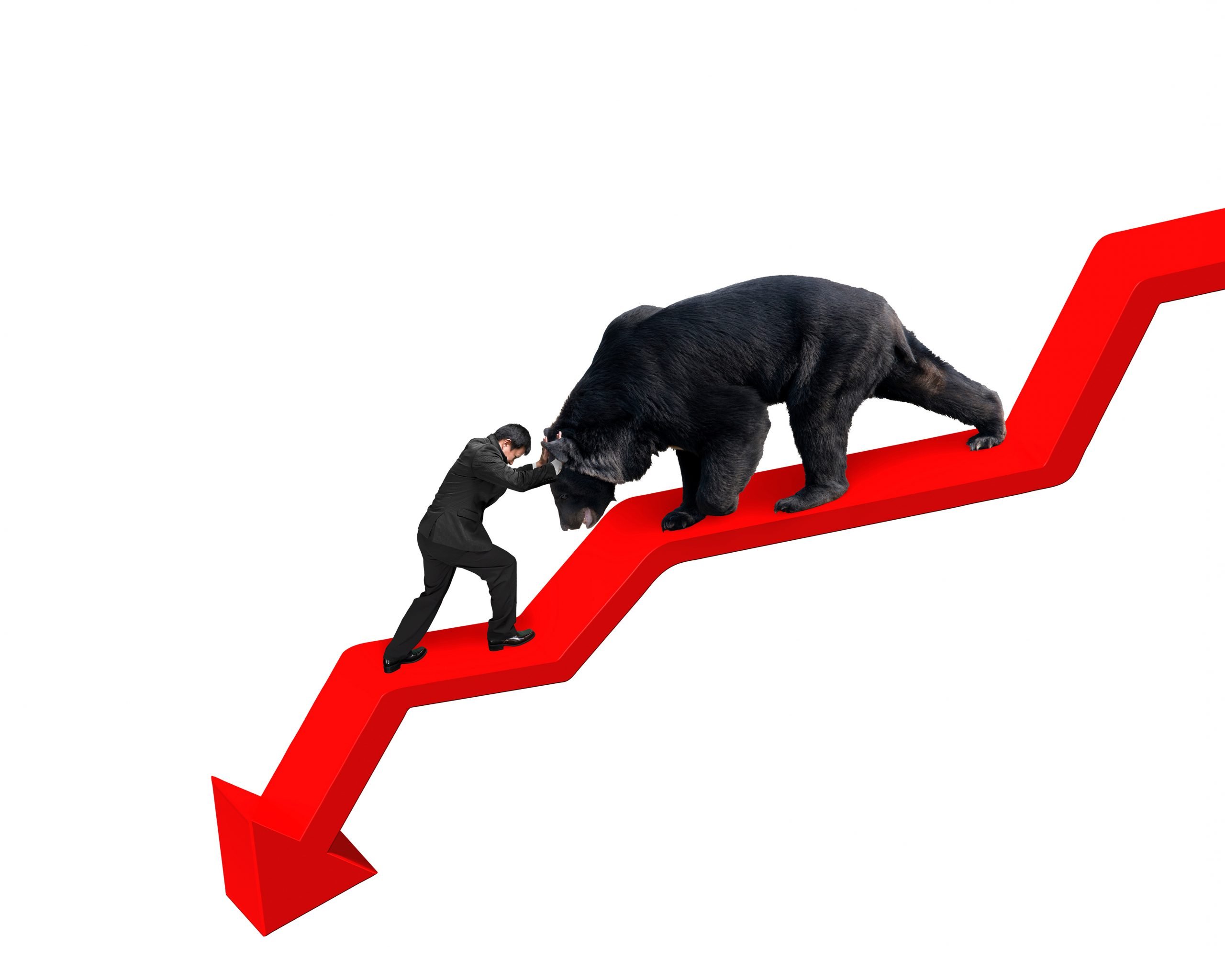Investments
What is market capitulation and why should you keep investing?
Capitulation is a term used to describe when investors decide it's time to get out of their losing investments and do something else with their money, but there are still some solid reasons for investing despite the big dip. Read on to learn more!
Advertisement
Investing now could pay off big time in the long run.

There’s a financial term that never leaves the mouths of analysts whenever the stock market is in trouble: capitulation. If you’re an investor, you have probably heard the term once or twice since January due to the market’s current situation. But what exactly does it mean? Capitulation is basically a point where most investors give up the hope of recovering lost gains and sell off their assets. It usually happens when the market’s shaken by volatility, uncertainty and investor’s sentiment is down.
Jason Steeno, president at CoreCap Advisors says that capitulation happens when investors no longer see a future for the asset. It’s when they understand that they’ve soaked up all the losses they possibly can. Therefore, it’s time to sell and get out.
According to Shweta Lawande, a financial planner at Francis Financial, this type of selling is usually based on fear. She believes that investors grow worried that they won’t be able to regain the money they invested previously by keeping the stock. The downside is that all of the selling among investors has a negative impact on stocks and causes their prices to drop even further.
What to expect after capitulation?
Identifying capitulation while it’s happening can be difficult, and many financial experts say it’s more easily spotted while looking in retrospect. However, it’s something most analysts watch for. That is because it can signal better days ahead by pointing to the bottom of a down market cycle.
Meaning that capitulation and a short-term drop usually signifies an improvement in stock prices later. Lawande adds that this ascending movement benefits from losses of investors who sold their stocks on the decline.
For many investors who are putting their money for the long term, capitulation can be a frightening period. But, according to financial advisors, one that requires very little action on the investor’s side. Steeno says he’s a big believer in staying invested, even during these trying times. He adds that history has shown that investors who pull their assets out when the market’s experiencing turbulence, usually miss out on the best rebound days. That ends up hurting their portfolio in the long run.
Market downturns also present good opportunities for expanding a portfolio. Lawande says that stocks that are being drawn down based on a fear reaction could become profitable in the near future. Moreover, purchasing those stocks mean taking advantage of much lower prices.
You will be redirected to another website
You’ll receive messages for less than 1 week, with a maximum of 1 message per day. You can unsubscribe anytime by replying STOP. By submitting this form, I confirm that I am 18+ years old and agree to the Privacy Policy and Terms and Conditions. I also provide my signature, giving express consent to receive informational messages via automated emails, SMS, MMS text messages, and other forms of communication. Message frequency may vary as part of our good-faith effort to respond to your inquiry. Message and data rates may apply. Text STOP to cancel. I understand that my consent to receive communications is not a condition of purchase and that I may revoke my consent at any time.
Stick with your original plan

Even though it’s easier said than done, in a situation when the market’s experiencing a high volatility with a risk of capitulation, the best course is to return to the original plan. That means what made investors begin to buy stocks and continue to invest when the markets were performing better.
To avoid sleepless nights, Lawande says it’s important for anxious investors to rebalance their portfolio. If a person’s nervous about losing too much money, it may be a sign that they’re risking too much. There’s no problem in reviewing the portfolio and changing it to a setting that will protect them from steep losses.
It’s hard to predict what might happen in today’s market environment because pretty much every area on a portfolio is being hit at once. However, Lawande says it’s crucial to focus only on what investors can control and stick to the original investing strategy.
Does the current market conditions seem strange to you? We can help you. Follow the link below to understand what a bear market is, its signs and how you can protect your capital.

Bear market: what is it in investing terms?
What is a bear market and what can you do to protect your investments when they occur?
Trending Topics

HSBC Premier Checking Account review: read before applying
The HSBC Premier Checking Account offers many features and benefits. Read this review to see if it's your best checking account.
Keep Reading
Revvi Credit Card Review: Up to 10% cash back
Looking for a credit card that is easy to get and comes with a cash back program? Then this Revvi card review is made for you!
Keep Reading
Luxury Titanium Card Review
Want to travel in style and earn cash back? Check out our Luxury Titanium card review and see how its features can benefit you.
Keep ReadingYou may also like

Tier 1 Credit 101: building a strong financial foundation
What is Tier 1 Credit? You can find out here, including how to achieve it to improve your finances. So, read on!
Keep Reading
Wedding loans in Canada: financing your big day
Wedding loans in Canada can make your dream come true. Understand how this loan works and get married the way you deserve!
Keep Reading
Auto Loans: all you need to know before financing your new car
Do you know how you can buy your new car? With auto loans. Check out how you can buy your dream car quickly.
Keep Reading